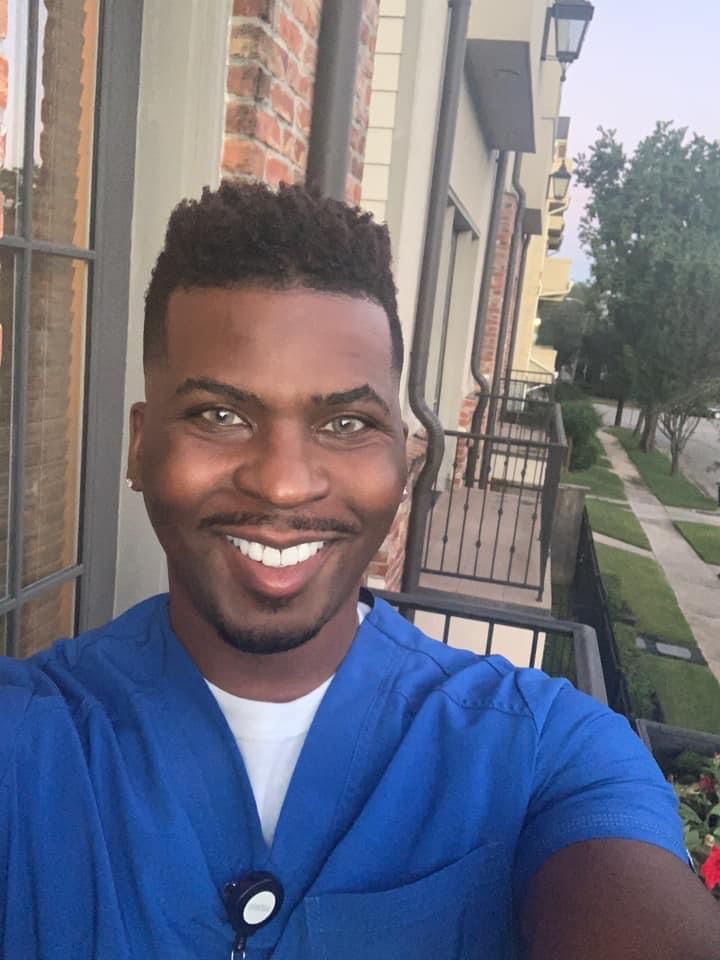HOUSTON — This week, thousands of COVID-19 vaccines are making their way across the country, with health care workers here in Texas among the first in the nation included in the first round of dosing.
Akil Jones is a Texas-based critical care nurse who had the opportunity to travel to New York back in April to help with what was then a newly emerging COVID crisis.
Jones didn’t realize just how bad things would be.
“My very first patient was super, super, super sick, and unfortunately in like the first three hours of my shift he passed away," Jones said. "And that just threw me, because I was like 'I’m here for two months, is this what I’m going to be doing for two months nonstop?'”
Jones worked primarily in the ICU and says it was surreal seeing firsthand just how serious this virus is — even in people who didn’t have underlying health problems.
“I’ve taken care of 26-year-olds, I’ve taken care of patients that are younger than me that ended up on ventilators when they had no preexisting health conditions," said Jones. "We’ve admitted patients that have been coding the entire time, so we’re trying to intubate them and save their hearts and everything. It’s all just really scary, so you’re always on pins and needles on your patient all the time.”

After two months in New York, Jones spent time at a Boston hospital before returning to Texas as cases here continued to surge.
Jones admits it’s easy to worry about his own health because of the unpredictability and severity of the disease.
“While you’re thinking of the patient you’re also thinking of yourself secondly because you don’t want to take it home, you don’t want to end up on a ventilator," said Jones. "There’s just a lot going through your mind, so it’s constant stress for 13 hours, and I think that’s why a lot of healthcare workers are burnt out and tired, especially after doing this for nine months.”
Now being among the first group of people in the country to get the COVID vaccine, Jones feels a big sense of relief.
“I feel comfortable with the vaccine. These are two companies that have been around for a long time. They’re using technology that they’ve used for a while," Jones said. "I’ve looked at all the research for side effects and everything, so I’m really excited that the health care workers are getting the priority since we are exposed the most to it.”
Jones will continue working in hospitals where cases are climbing, but hopes the crisis wanes as more people are able to get vaccinated.
“People are apprehensive and suspicious, but this is a chance for us to get back to some type of normal, this is a chance for us to interact with each other again. I just hope people are more open-minded when it’s available to the public in the spring," he said. "At this point you just have to have hope and take a leap of faith and hope it all works out.”



